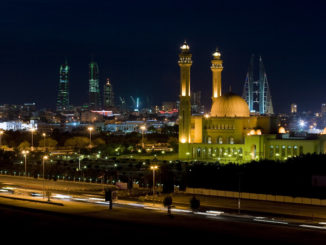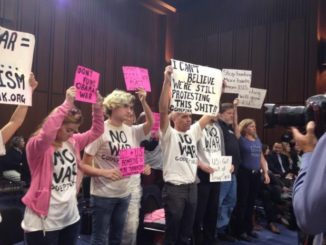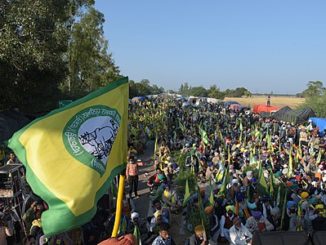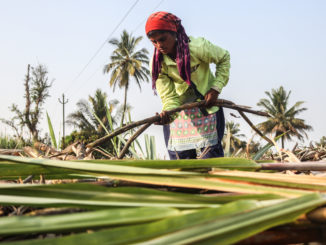
Cuba’s Critical Role in Defending Angola
“The Cuban people hold a special place in the hearts of the peoples of Africa. The Cuban internationalists have made a contribution to African independence, freedom and justice, unparalleled for its principled and selfless character … Cubans came to our region as doctors, teachers, soldiers, agricultural experts, but never as colonizers. They have shared the same trenches with us in the struggle against colonialism, underdevelopment, and apartheid.” – Nelson Mandela





